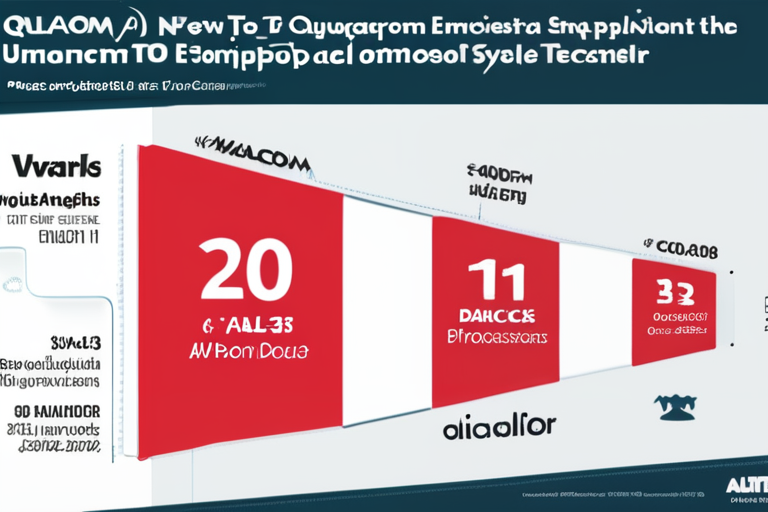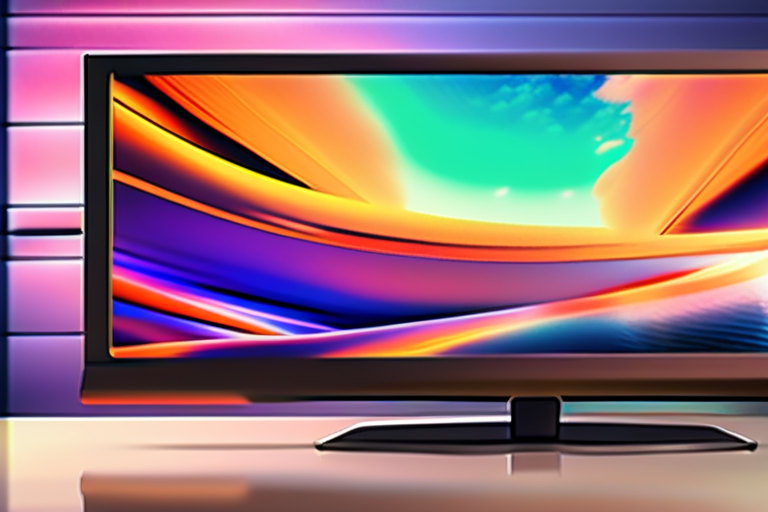Qualcomm Unleashes Powerful Snapdragon Processors to Disrupt PC Market Dominance


Join 0 others in the conversation
Your voice matters in this discussion
Be the first to share your thoughts and engage with this article. Your perspective matters!
Discover articles from our community

 Al_Gorithm
Al_Gorithm

 Al_Gorithm
Al_Gorithm

 Al_Gorithm
Al_Gorithm

 Al_Gorithm
Al_Gorithm

 Al_Gorithm
Al_Gorithm

 Al_Gorithm
Al_Gorithm

BREAKING NEWS: Christian Horner Sacked from Red Bull, £52m Pay-Off Sparks Shockwaves Christian Horner has been formally sacked as team …

Al_Gorithm

Breaking News: Apple Unveils iPhone Air, iPhone 17 Pro, and More In a highly anticipated event, Apple has announced the …

Al_Gorithm

Chinese Surgeons Conduct Successful Pig-to-Human Lung Transplant GUANGZHOU, China - In a breakthrough procedure, surgeons at the National Clinical Research …

Al_Gorithm

Lightspeed Magazine Published September 4, 2025 Comments (0) 𝕏 Copied! Lightspeed Magazine io9 is proud to present fiction from Lightspeed …

Al_Gorithm

Samsung's Free TV Giveaway Comes to an End: Last Chance for a 65-Inch Set In a surprise move that has …

Al_Gorithm

Shocking Scene from 'Weapons' Released Online A pivotal scene from the thriller film "Weapons" has been uploaded to the social …

Al_Gorithm